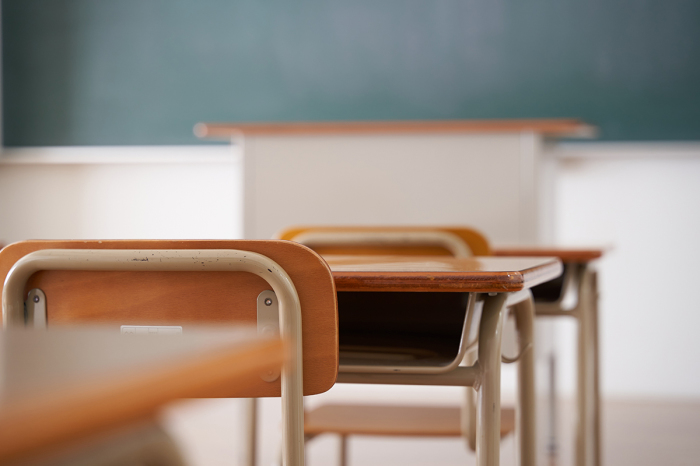Nebraska ballot measure could eliminate school voucher program

Nebraska voters will vote this November on a ballot initiative to overturn a legislative measure allowing students to attend private schools using vouchers as questions remain over whether voters have the authority to repeal the law.
In a statement Thursday, the Office of Nebraska Secretary of State Robert Enven announced that the "Private Education Scholarship partial referendum" qualifies for the general election ballot.
If approved by voters, the referendum would "Repeal Section 1 of LB 1402, passed by the Nebraska Legislature in 2024, which directs $10 million annually for financial grants-in-aid for eligible students to attend a qualifying privately operated elementary or secondary school in Nebraska."
The referendum has already collected 68,184 valid signatures, meeting the requirement to secure signatures from at least 5% of registered voters statewide, according to data provided by the Secretary of State's office.
The ballot measure exceeded the requirement that 5% of registered voters in at least 38 of the state's counties back the effort, as 5% of registered voters in 60 counties have expressed support for it.
LB1402, which would be partially repealed if the referendum passes, was approved by the unicameral, nonpartisan Nebraska Legislature in a 32-14 vote earlier this year and signed into law by Republican Gov. Jim Pillen.
The bill enables parents to use vouchers to send their children to any "privately operated elementary or secondary school located in this state," insisting that "making it possible for more parents and legal guardians to be able to choose privately operated schools benefits Nebraska parents and taxpayers."
Support Our Schools Nebraska, which spearheaded the effort to place the referendum on the ballot, said it collected over 86,000 signatures, a higher number than the 68,164 provided by the Secretary of State's Office.
"Nebraskans have sent a clear message that they want their voices heard," said Support Our Schools Nebraska President Jenni Benson in a statement. "Voting to repeal LB1402 will ensure public funds are used to support public schools, not to pay for private schools. Nebraskans cannot afford to pay for two school systems."
Support Our Schools Nebraska maintains that LB1402 constituted an attempt by the Legislature to create an "end-run around the petition process" as the group sought to place a repeal of LB753, described as a "previous voucher bill," on the ballot.
"Serious questions have been raised as to whether the statute sought to be repealed is a legislative appropriation," Secretary Enven said in a statement.
"Under the Nebraska Constitution, legislative appropriations might not be able to be repealed by referendum. This question ought to be resolved by the courts."
The Nebraska Secretary of State's office noted, "a petition has been filed in the Nebraska Supreme Court regarding the referendum."
The petition in question, filed Thursday, asserts that the ballot measure "violates Article III, Section 3 of the Nebraska Constitution as it seeks to invoke the power of referendum to repeal an act, or a portion thereof, that makes an appropriation 'for the expense of state government or a state institution existing at the time of the passage of such act.'"
The lawsuit was filed by a mother whose child attends a private school using funds provided by the Nebraska Opportunity Scholarships Act that LB1402 replaced.
Article III, Section 3 of the Nebraska Constitution states that the power of referendum can be invoked "against any act or part of an act of the legislature, except those making appropriations for the expense of the state government or a state institution existing at the time of such acts."
The complaint contends that since LB1402 appropriates $10 million to the voucher program, it cannot be subject to a referendum.
Nebraska is not the only state where voters are expected to weigh in on the future of school voucher programs this fall. In Kentucky, Amendment 2 will appear on the ballot. If approved, Amendment 2 would enable the state to "provide financial support for the education of students outside the system of common schools."
Ryan Foley is a reporter for The Christian Post. He can be reached at: [email protected]



























